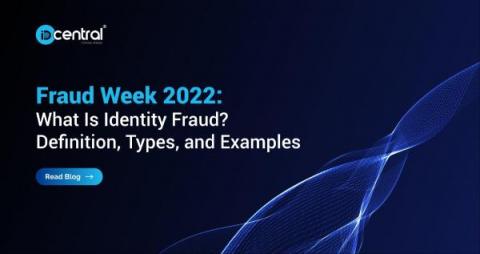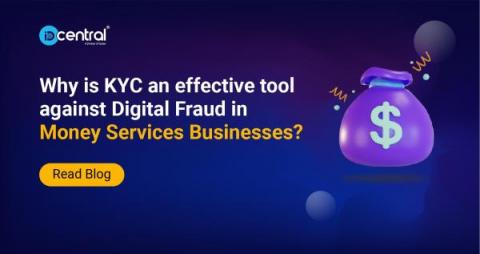Lookout Discovers Hundreds of Predatory Loan Apps on Google Play and Apple App Store
Researchers at Lookout Threat Lab have discovered close to 300 mobile loan applications on Google Play and the Apple App Store that exhibit predatory behavior such as exfiltrating excessive user data from mobile devices and harassing borrowers for repayment. These apps, which were found in Southeast Asian and African countries, as well as India, Colombia, and Mexico, purportedly offer quick, fully-digital loan approvals with reasonable loan terms.










